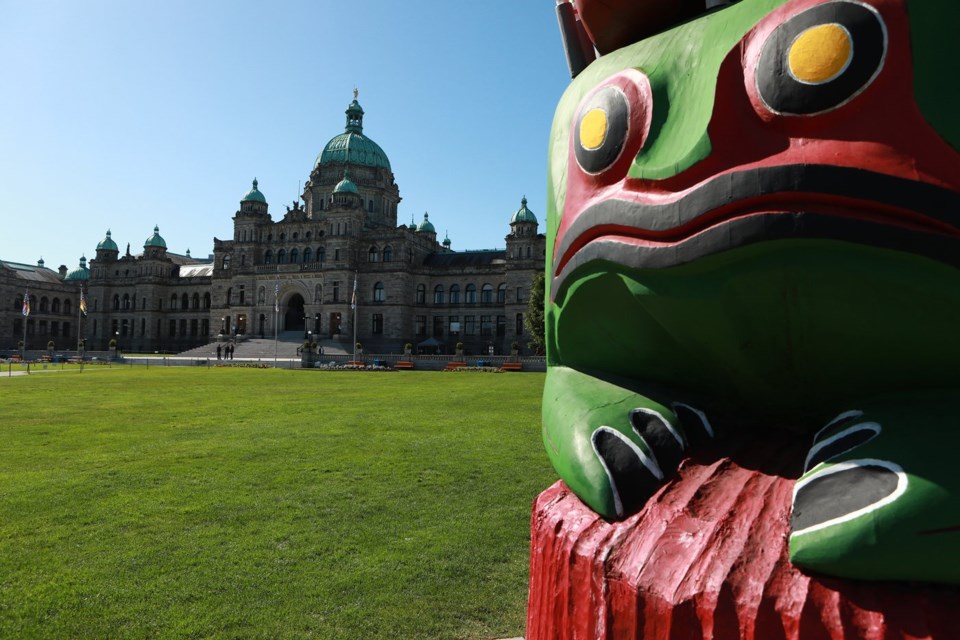VANCOUVER — British Columbia's government will appeal a landmark Aboriginal title ruling that grants a claim by the Cowichan Nation over land on the Fraser River in Metro Vancouver, the attorney general said.
Niki Sharma said Monday that the government strongly disagrees with last week's B.C. Supreme Court decision granting fishing rights and Aboriginal title over the parcel of land on Lulu Island in Richmond, B.C.
Sharma said the ruling could have "significant unintended consequences" over private property rights in B.C. and it must be reconsidered by a higher court.
"Our government is committed to protecting and upholding private property rights while advancing the very important and critical work of reconciliation here in this province," Sharma said, adding that the government preferred resolving land claim issues through reconciliation rather than risking "considerable uncertainty" through the courts.
The BC Supreme Court ruled last week that fee-simple ownership and interests in the lands, held by Canada, Richmond and the Vancouver Fraser Port Authority, "are defective and invalid," but did not make a similar ruling for privately owned property.
The judge said B.C. owes a duty to the Cowichan to negotiate in good faith the reconciliation of Crown-granted private property on a portion of Lulu Island in Richmond, land that Cowichan ancestors used as a summer home and fishing village.
"The Crown grants of fee simple interest in the Cowichan title lands, and the Crown vesting of the soil and freehold interest in certain highway lands in the Cowichan title lands, unjustifiably infringe the Cowichan’s Aboriginal title," the ruling says.
At a news conference earlier Monday, the Cowichan's lawyer, David Robbins, told reporters it was up to the provincial government to reconcile private property rights with the ruling.
"They have always understood that fundamentally, this case is about resetting their relationship with the crown," he said of his clients.
"And so, with respect to the private fee simple that is still encumbering the Cowichan Aboriginal title, they sought a declaration that British Columbia has a duty, to reconcile that fee simple with the Cowichan Nation Aboriginal title through negotiations."
Cowichan Tribes Chief Cindy Daniels said the nation initially tried to get an agreement through the treaty process but there was "no openness" to discuss the land, and so they went to court.
"As stated in our 2016 declaration of reconciliation, our land and resources objectives are to recover and restore our village and surrounding lands, re-establish our permanent residence and river access, re-establish our cultural practices including those that support food security and sustainability, realize economic development and re-establish the truth of our history in that region," she said.
This report by The Canadian Press was first published Aug. 11, 2025.
Ashley Joannou, The Canadian Press



